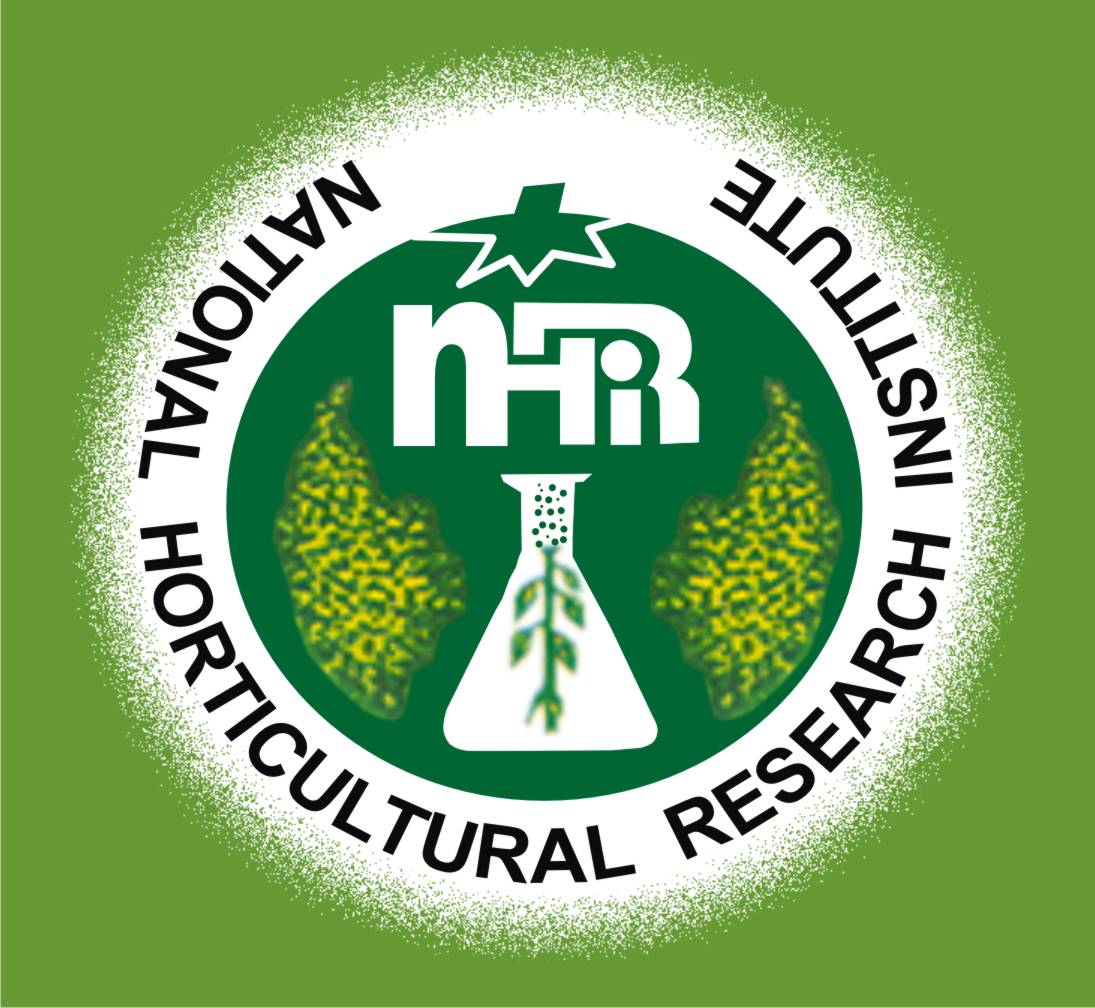Dr Abayomi Olaniyan, Executive Director, National Horticultural Research Institute (NIHORT), said increasing tomatoes processing was key to reduce its seasonal glut and quantity being imported into Nigeria.
Olaniyan made the assertion on Thursday at the training and empowerment of unemployed youths on tomato nursery practices, value chain and Telfairia production, held at NIHORT in Ibadan.
The News Agency of Nigeria (NAN) reports that the training was organised by NIHORT in collaboration with the Hauge Logistics Ltd., Ibadan.
NAN also reports that NIHORT has the mandate to conduct research into genetic improvement, production, processing, utilisation and marketing of fruits, vegetables, ornamental plants and spices.
READ ALSO:12 corps members get state awards in Gombe
Olaniyan said that tomato was a profitable horticultural crop that provided income to farmers and agents involved in its production and marketing.
The executive director said that tomato production in Nigeria was still short of what was demanded as the production figure for fresh tomato was about 1.8 million tons, while the annual demand stood at 2.3 million tons.
“Tomato nursery management is important for future development of the commodity’s value chain; the nursery is a basic need for producing quality seedlings.
“Putting efforts on quality seedling production offers scope for sustainable tomato production; nursery also provides employment opportunities for technical, skilled and unskilled labour.
“I make pledge, on behalf of NIHORT, to make available to your advantage the varieties of expertise domiciled in the institute,” he said.
Speaking, the Chairman, NIHORT Governing Board, Maj.Gen. Mohammed Garba, said half of the quantity of tomatoes produced was lost due to wastage in the course of getting them to the market from farm.
He said that building the capacity of unemployed youths on tomato nursery practices was expected to increase availability of the crop in the country.
READ ALSO:Alleged gang-rape: Lagos re-arraigns 5 UNILAG students
Garba also pointed out that Telfairia (ugu) is a highly nutritious economic crop capable of improving livelihood and employment generation.
“The leaves, seed and roots are important and have high export potential to achieve sustainable economic empowerment in the commodity value chain; it becomes crucial to build capacity of stakeholders.
“Capacity building is important to equip stakeholders with skills, competencies necessary in horticultural value chains to ensure sustainable agricultural development, improved income and economic empowerment,” he said.
Garba implored the participants to make good use of the golden opportunity by paying special attention to all the sessions.
Also, the NIHORT Head of Research, Dr Stephen Afolayan, said that the training of no fewer than 200 youths across the country was sponsored by the Federal Government.
“The training will be more of practical than theory; the participants will be taken through nursery techniques to increased production; they will also be taught on how to keep records.
“We have three training modules, all of which are well packaged; if you miss it at the nursery state, you may not get the right output at the end.
“So, pay full attention so that you can become guru in the production, and processing of these commodities,’’ he said. (NAN)


